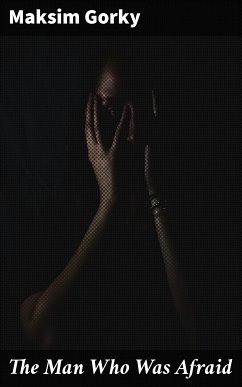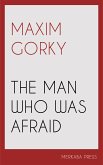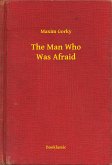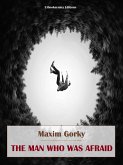Maksim Gorky's "The Man Who Was Afraid" is a profound exploration of existential dread and the human condition, crafted in a modernist style that reflects the complexities of early 20th-century Russian literature. The novella centers on the psychological turmoil of the protagonist, a man beset by his own fears and insecurities, which Gorky elucidates through rich imagery and introspective prose. The narrative delves into themes of alienation, societal pressures, and the struggle for personal identity, embodying the philosophical inquiries prevalent during the era of the Russian Revolution and the upheavals that defined it. Gorky, a key figure in Russian literature, draws upon his tumultuous upbringing and revolutionary experiences to inform his work, infusing his characters with authenticity and emotional depth. His commitment to social justice and the plight of the working class echoes throughout this novella, providing a visceral look at the psyche of an individual grappling with both internal and external fears. Gorky'Äôs background as a social activist and his interactions with other political thinkers of his time uniquely shaped his narrative style and thematic concerns. "The Man Who Was Afraid" is highly recommended for readers interested in psychological literature that challenges the boundaries of individual consciousness and societal expectations. Gorky'Äôs incisive prose not only paints a vivid portrait of fear but also invites readers to reflect on their own vulnerabilities and the universal struggle for understanding in an uncertain world.
Dieser Download kann aus rechtlichen Gründen nur mit Rechnungsadresse in A, B, BG, CY, CZ, D, DK, EW, E, FIN, F, GR, H, IRL, I, LT, L, LR, M, NL, PL, P, R, S, SLO, SK ausgeliefert werden.









